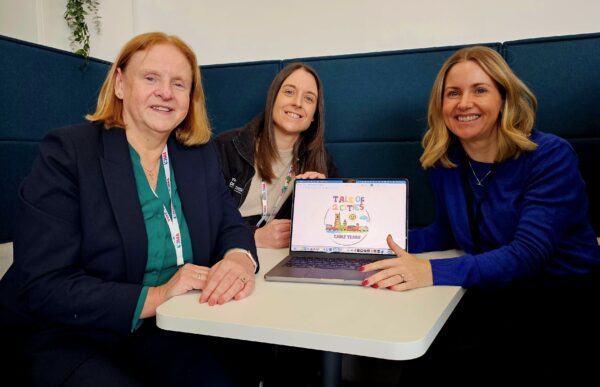Latest News | 29 May 2025
Firm introduces personality profiling service to help retain staff

The founders of Q Branch Consulting, who saved their own relationship using personality profiling, are helping companies keep their best staff on board using the same system.
Matt Clutterham and Jenny Jarvis believe using DISC profiling saved their own relationship – and now they are using it to help firms thrive through improved staff retention.
The human transformation business works with companies on transforming their brand, as well as their people.
It is now using the renowned DISC profiling system to help business leaders retain their talent by identifying staff personality profiles so they can create thriving teams where everyone is listened to and can perform at their best, with conflict kept to a minimum.

The system works by means of a questionnaire, the answers to which provide a profile, which looks deeply into whether a person adheres most to four key personality types: dominant, influential, steady or compliant.
The resulting profile and analysis provided by Jenny is aimed at helping businesses retain staff by ensuring they are comfortable in their working environment.
Matt and Jenny – who are partners in life as well as in business – say they are using DISC profiling in their business after it helped save their own relationship in its early days.
Jenny said: “I use DISC profiling for all my clients as it lets me know how they like to be communicated with.
“DISC profiling is a fantastic tool for companies, and we have seen our clients able to keep staff through offering leaders a greater understanding of what makes their employees ‘tick’.
“No business can work without establishing good relationships and that’s why we believe that DISC profiling is a great way for companies to ensure they keep their best talent on board.
“I’m happy to share that Matt and I used DISC profiling ourselves after a communications issue early on in our own relationship – it helped us see that we simply had different personalities and our misunderstanding had arisen through us looking at an issue in very different ways, not that we were incompatible.”


